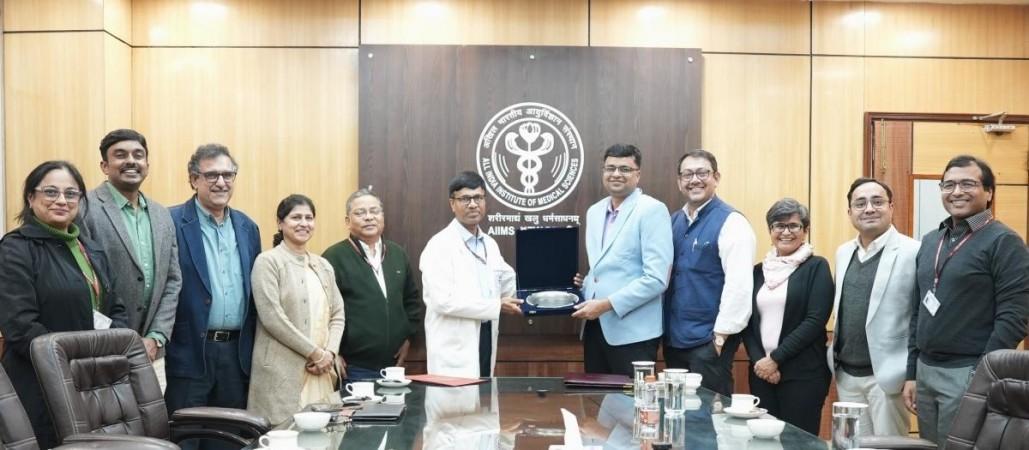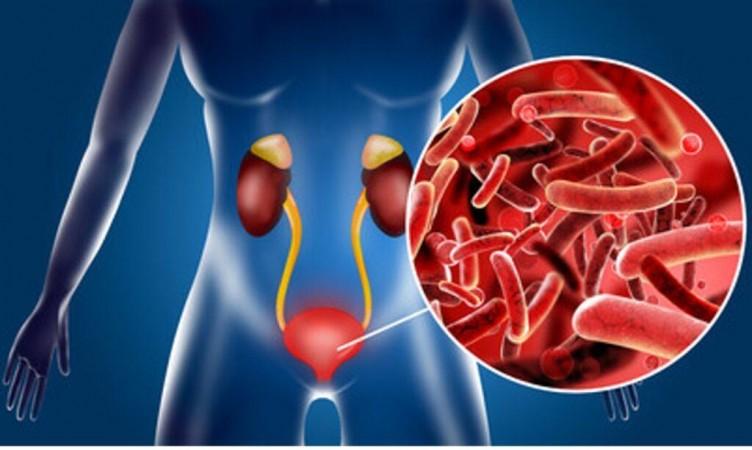
All India Institute of Medical Sciences (AIIMS) Delhi has announced a partnership with Blockchain For Impact (BFI). This collaboration is set to revolutionize the public health sector by delving into genetic and epigenetic factors to identify potential markers for recurrent urinary tract infections (rUTI). This condition poses a substantial healthcare and economic burden, significantly impacting patient's morbidity and quality of life.
The project, under the leadership of Dr. Sarita Mohapatra, Additional Professor, Department of Microbiology at AIIMS Delhi, is funded by the BFI-BIOME Medical INI Grant Programme. This initiative supports Medical Institutes of National Importance (INIs) through the Blockchain For Impact Biomedical Virtual Network (BFI-BIOME). The network, established by BFI, is designed to foster multisectoral collaboration, support upstream and deep science research, and drive innovation to fortify biomedical research in India.
AIIMS Delhi, with its extensive infrastructure of 25 clinical departments and four super-specialty centers, has made significant strides in combating infectious diseases such as leprosy, malaria, and tuberculosis, as well as non-communicable diseases like diabetes.
The partnership with BFI aligns seamlessly with AIIMS Delhi's mission to accelerate transformative healthcare solutions through cutting-edge biomedical innovation. Dr. M Srinivas, Director of AIIMS Delhi, expressed the institute's commitment to advancing healthcare innovation through state-of-the-art research and technology. He acknowledged the support from the BFI-BIOME Medical INI Grant Programme, which enables them to explore new frontiers in medical science, empowering their faculty and researchers to make transformative contributions to global healthcare.

Sandeep Nailwal, the visionary founder of BFI, emphasized the importance of this partnership. He stated that it represents a paradigm shift by fostering collaboration between leading biomedical researchers, clinicians, and innovators to pioneer the next generation of health interventions. He added that partnering with AIIMS Delhi reinforces BFI's commitment to strengthening the healthcare ecosystem in India.
This partnership marks a pivotal milestone in the BFI-BIOME Network Programme's ongoing efforts to advance biomedical research and innovation in India. By fostering innovation and equitable access, BFI aims to create a transformative healthcare ecosystem that addresses the nation's most pressing medical challenges.
In the past, similar initiatives have been undertaken to combat various health challenges. For instance, the United Nations Millennium Development Goals (MDGs) were a set of eight international development goals for the year 2015 that had been established following the Millennium Summit of the United Nations in 2000. Several of these goals directly related to health, such as halting and beginning to reverse the spread of HIV/AIDS and achieving universal access to treatment for HIV/AIDS for all those who need it by 2010.














